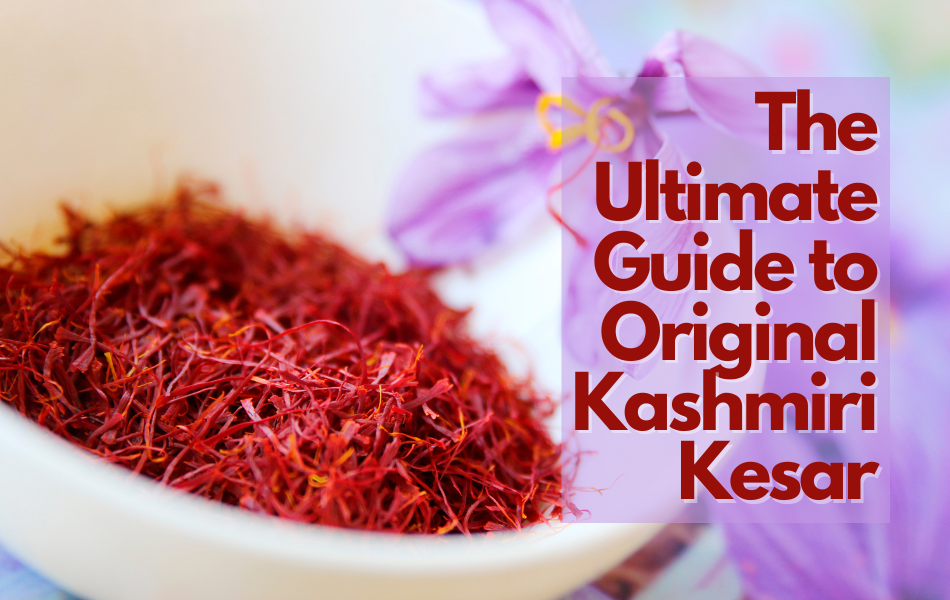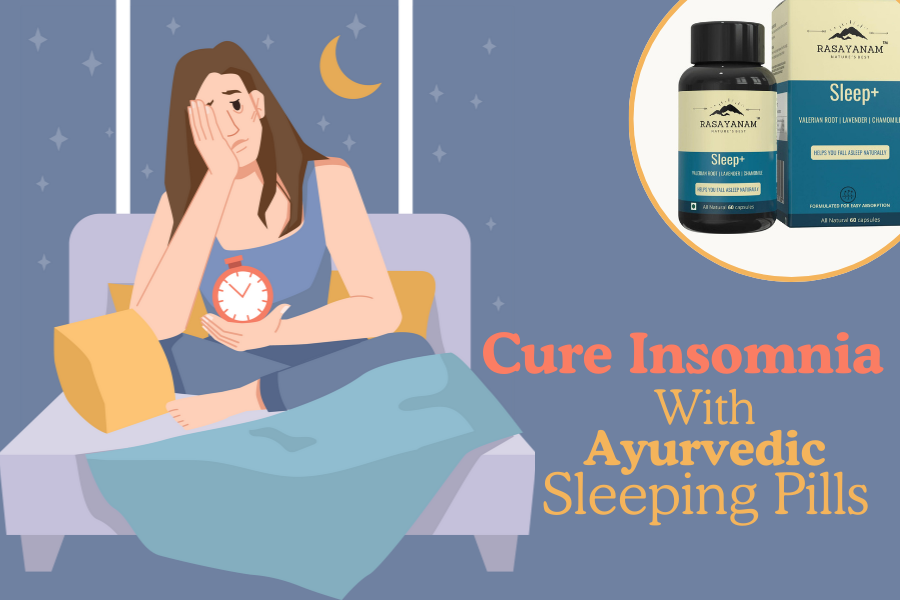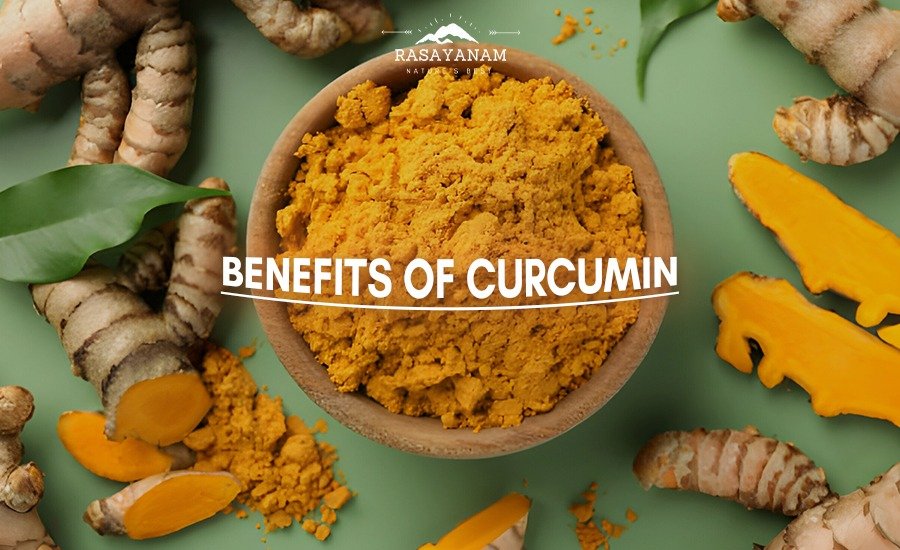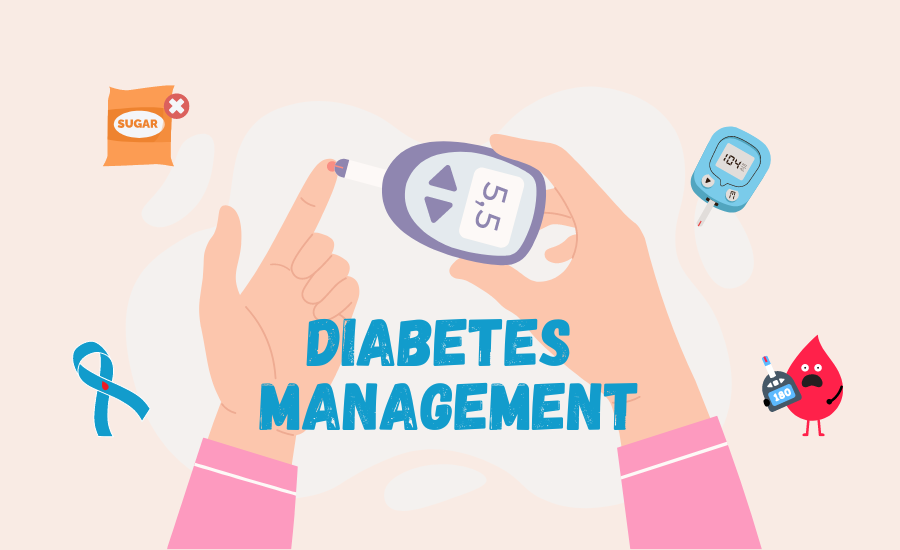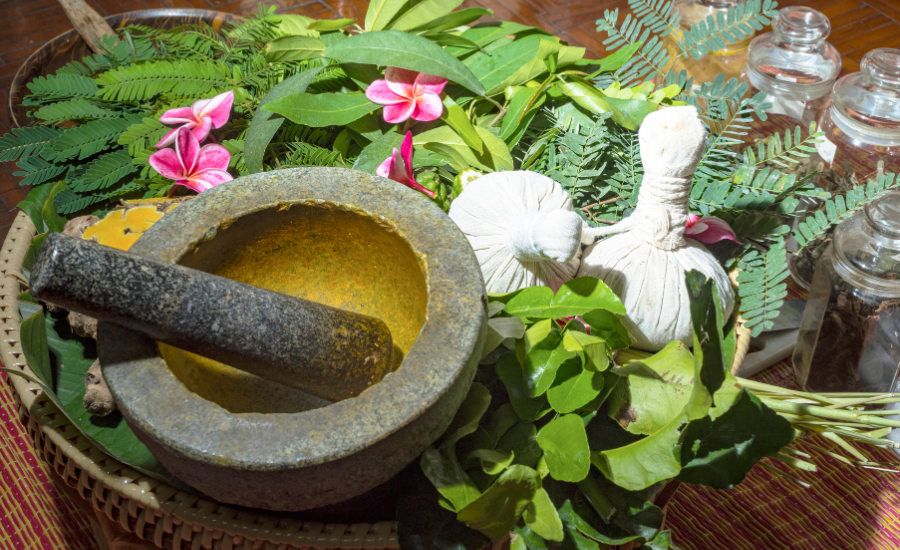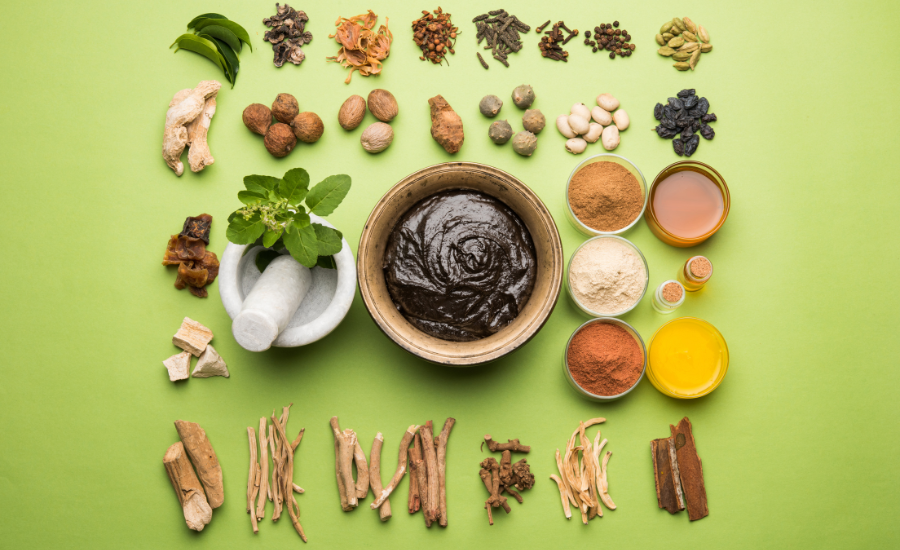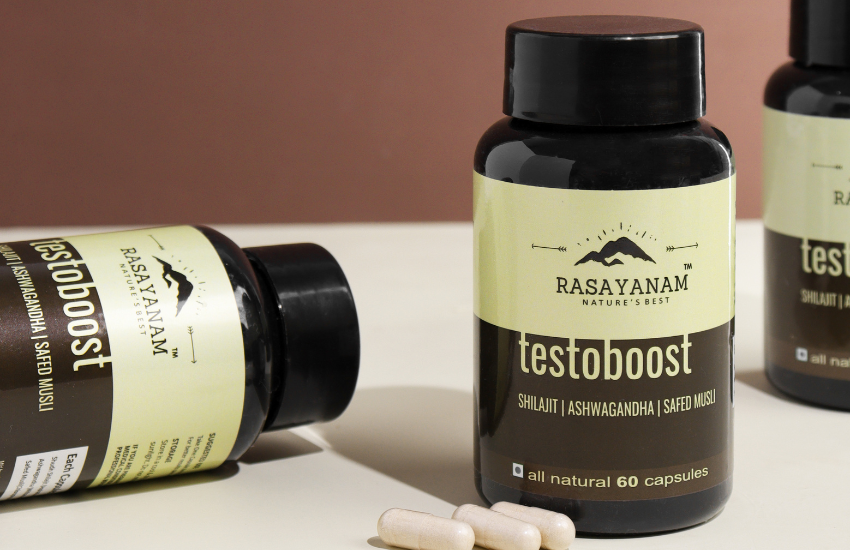Discover Kashmiri Saffron: Benefits, Tips, and Delicious Recipes
Saffron is a golden spice that is popular for being the most expensive spice in the world. It is derived from the crocus sativus flower.
Did you know that 75,000 flowers are used to make just one pound of saffron? Saffron is considered highly sacred and is used in traditional rituals as well. It offers numerous health benefits, like increasing libido, enhancing mood, and easing menstrual cramps.
In this blog, we will study the benefits of saffron, its uses and nutritional value, how to ensure its purity, and delightful saffron-infused recipes!
The Cultivation and Pricing of Kashmiri kesar or saffron
Kashmiri Kesar, or saffron, is a highly popular saffron due to its long-lasting aroma and thick strands. However, due to its great demand and labour-intensive cultivation and harvesting, saffron is extremely expensive.
Right now, it is thought to be the most costly spice worldwide. The original saffron price (price of Kashmiri saffron) of 1kg is approximately Rs. 3,00,000. Saffron has been used in food, beverages, and traditional herbal medicine for many years. It is a common ingredient in Mediterranean, Middle Eastern, and Indian cuisine and is appreciated throughout the world. The spice’s high content of plant pigments, including the carotenoids crocin and crocetin, gives it an earthy flavour and a vivid reddish-golden colour.
Saffron consumption may offer numerous health benefits due to its health-promoting properties and other constituents.
What is the nutritional value of saffron?
For optimal benefits, it’s recommended to consume at least 1.5 grams of saffron per day. Saffron is rich in essential nutrients like potassium, calcium, magnesium, and more.
Here’s a breakdown of the nutrients found in 100 grams of saffron:
- Calcium: 111 mg
- Iron: 11.1 mg
- Potassium: 1724 mg
- Total Fat: 6 mg
- Sodium: 148 mg
- Dietary Fiber: 3.9 g
- Protein: 11 g
Additionally, saffron contains powerful antioxidants such as safranal, kemperanol, crocin, and crocetin. These antioxidants play a crucial role in protecting your cells from oxidative stress and free radicals, promoting overall health and well-being.
7 Kashmiri Kesar or saffron benefits for your overall health
This amazing spice has many health benefits, such as improved sleep quality, anti-inflammatory and antioxidant properties, and the ability to combat depression.
The following are some of the amazing saffron benefits:-
1. Saffron has a great antioxidant and anti-inflammatory properties.
Kashmiri kesar or saffron benefits us by reducing inflammation and enhancing the antioxidant level within the body. It has been demonstrated that safranal, picrocrocin, crocin, and crocitin have potent anti-inflammatory and antioxidant properties.
According to study results, taking saffron supplements and regularly consuming saffron may help lower oxidative stress indicators and reduce inflammation.
2. Saffron benefits for skin
There are many benefits of saffron for the skin, including giving you an even tone, reducing signs of ageing, reducing acne, and hydrating your skin.
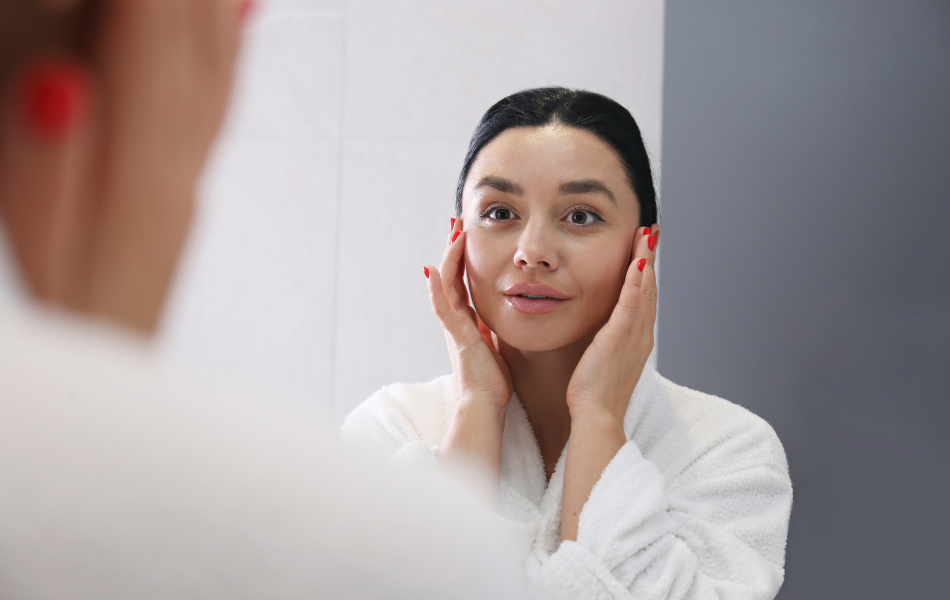
3. Saffron has anti-cancerous properties.
Saffron contains a water-soluble, dark reddish-orange substance called crocin, which has been shown to cause programmed cell death, or apoptosis, in a range of human cancer cell types.
Kesar and its constituents have been shown to have anti-tumour and anti-carcinogenic properties in animal models and cultured human cell studies. Studies have also proved the chemopreventive effects of saffron in cancers, including lung cancer, ovarian carcinoma, leukaemia, and colon adenocarcinoma.
4. Saffron benefits during pregnancy
Saffron has many benefits during pregnancy, including lowering blood pressure, improving mood swings, preventing morning sickness, and much more.
It also has antidepressant effects and increases cerebral blood flow.
Saffron increases serotonin production within the body, which helps improve mood and reduces the stress hormone cortisol. Apart from that, when saffron is taken in small amounts—it can help lessen morning sickness and nausea in pregnant ladies.
5. Helps in easing PMS symptoms
Another amazing benefit of saffron is that it helps control PMS symptoms like severe cramps. According to a study published in WebMD, 60% of women who took saffron supplements reported a 50% or higher reduction in PMS-related symptoms.
6. Helps treat depression and uplifts your mood
Saffron is beneficial in treating depression and anxiety and is beneficial in uplifting your mood. Therefore, add the required amount to your diet to enhance your mood.
7. Saffron helps improve sleep quality.
Saffron improves sleep quality by increasing the sleep-inducing hormone- melatonin and helping you relax even better. According to the study, saffron may contribute to better sleep by raising melatonin levels and stimulating specific brain receptors that increase the quality of sleep.
How to check the purity of saffron?
To check the purity of saffron, it is essential that the strands of saffron look like trumpets; if they don’t, the saffron is definitely fake. Due to its resemblance, many vendors use corn or safflower silk instead of real saffron, which looks so similar that it becomes hard to find the real one.
Here is the method to check the quality of saffron all by yourself: –
1. Saffron colour test
- Add a few saffron threads, perhaps five to seven, to a cup of cold water. While fraudulent or adulterated saffron immediately releases its yellow colour, pure saffron gradually releases its golden hue.
- After soaking in cold water for ten to fifteen minutes, do any of the saffron threads become transparent or white? The crimson hue of pure saffron can last for up to 24 hours.
- Fake saffron will either become clear or lose its colour within a few minutes, which is a sign that it was chemically dyed. Some dishonest vendors may blend pure and contaminated saffron to boost their earnings.
2. Finger/Palm Rubbing Test
Dip the saffron threads in cold water for a few seconds, then place them on your finger or palm. Now, rub the threads with two fingers back and forth for a few seconds. If it is a pure saffron thread, then it won’t break.
However, if the saffron threads are adulterated, they will turn into dust or even liquid upon rubbing. Thus, the health benefits imparted by this Indian spice and Saffron benefits for the skin are also lost due to fake saffron usage.
3. Aroma Test
The flavour and aroma of pure saffron are its most superior qualities. Typically, saffron smells quite fragrant and delicious. Your saffron will smell like a blend of hay and honey if you sniff it.
If you purchase contaminated saffron, the spice will also smell strongly. This results from the extensive use of chemicals like picocrocin and safranal.
Here is a Video Guide on how to check if saffron is Real or Fake!
(The Purity test of saffron).
Amazing Saffron Recipes To Try Out Yourself
As we have read above, saffron benefits health in the long run. Therefore, adding it to your diet is essential to reap its benefits.
The following are some of the delicious saffron recipes to try on your own:-
1. Saffron Pancakes
Flavorful, light pancakes with a touch of sweetness resemble dessert served at breakfast. The batter contains saffron for a lovely aroma and golden hue. This recipe is easy to make and perfect for birthdays or weekend mornings.
Ingredients
- Three-quarter teaspoon saffron
- 1/4 cup plus one all-purpose flour
- Sugar according to your taste
- One teaspoon of baking powder
- One large egg, 1/8 teaspoon salt
- 2 tablespoons cooled melted butter
- One and a half cups of whole milk
- Butter: used in cooking
To serve: whipped cream, chopped fruits, syrup, sliced almonds, etc.
Procedure to make delicious pancakes
- Firstly, a grinding device is used to grind the saffron and a small amount of sugar into a fine powder. Stir in 2 tablespoons heated milk, stir thoroughly, and leave to infuse.
- Mix the flour, then add sugar, baking powder, and salt in a sizable bowl. Crack the egg, beat well, and then pour the melted butter into a smaller bowl. Mix one more time with a whisk. Stir in milk and whisk once more to mix everything well.
- Create a well in the middle of the flour mixture and add the milk and egg mixture into it. To mix, gently fold with a rubber spatula. Incorporate the saffron and fold one more to combine everything thoroughly; minimal mixing is acceptable if the batter has some lumps. The batter should be thin; if it seems too thick, add more milk; if it seems too loose, add flour.
- Turn the heat to medium-high and preheat a nonstick frying pan or cast iron griddle. Melt a knob of butter after adding it. Transfer one-third of the mixture onto the griddle. Turn the pancake over and continue cooking on the second side when the top is set, and many bubbles are visible. Warm up and serve.
- (Since flours differ in their quality of absorption, the amounts in the recipe should only be used as a reference).
2. Saffron milk
Our families have been using saffron milk for a very long time. You can consume it to ensure a healthy pregnancy, as it is supposed to improve your mood during the process.
Procedure to make Saffron Milk
Bring the necessary amount of milk to a boil first.
Next, add three to four saffron threads to that milk.
With the beautiful health benefits of saffron, your milk is ready to drink after 15 minutes.
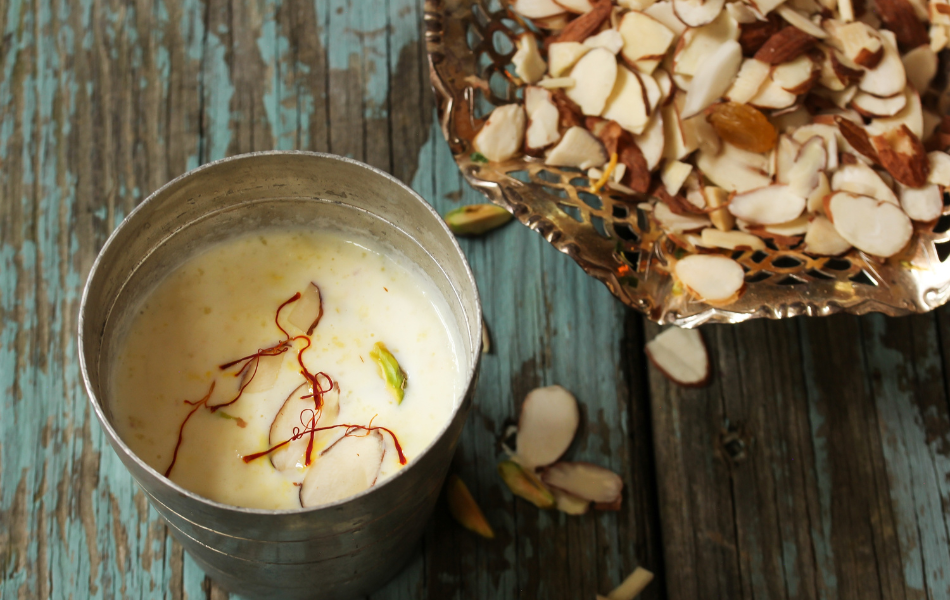
Saffron Tea
Another amazing saffron recipe you can add to your diet is saffron tea. Saffron tea is a natural form of antidepressant, improves concentration and focus and prevents cramps during pregnancy.
Procedure to make Saffron Tea
- Firstly, boil the water.
- Then, take a few strands of saffron.
- You can add ginger slices (if you want) and boil it for 5 minutes in the same vessels.
- Strain and have your healthy saffron tea.
Conclusion
Kashmiri kesar, saffron, also known as – ‘the golden spice’, is not just a culinary luxury but a treasure trove of health benefits. From its antioxidant and anti-inflammatory properties to its role in skincare and pregnancy support, saffron has been cherished for centuries. Whether it’s easing PMS symptoms, lifting mood, or improving sleep quality, saffron offers many wellness perks. Remember to ensure the purity of your saffron so you reap its full benefits. So, embrace the essence of saffron in your life through these enriching recipes and experience the magic of this precious spice.
Commonly Asked Questions
Q1. Is it good to take saffron daily?
A1. Saffron, when used as a medication, can be safe up to 100 mg daily for 26 weeks but can cause adverse effects like nausea, stomach issues, sleepiness, and allergic reactions.
Q2. Does saffron remove tan?
A2. Saffron, a red flower, can improve skin tone, texture, and brightness, reduce sun tan, and treat hyperpigmentation, acne, and scars for a blemish-free appearance.
Q3. Is saffron good for babies during pregnancy?
A3. Saffron’s anti-inflammatory properties may decrease pregnancy-induced hypertension risk, cramp severity, and miscarriage likelihood due to its potential to improve maternal and baby health.
Q4. Why is Kashmiri Kesar so costly?
A4. Scholars and growers across the globe assert that Kashmiri Kesar saffron’s outstanding quality—distinguished by its deep maroon-purple colour and harvesting process—is the main factor driving up its price.
Disclaimer: This write-up intends to provide general information and should not be considered professional advice. Kindly consult your healthcare professional for accurate dosage and modifications.

